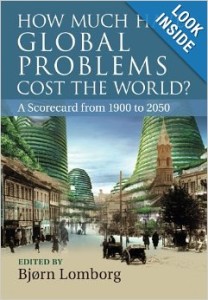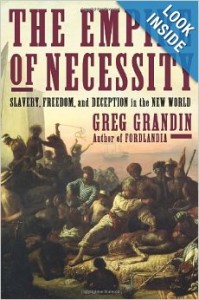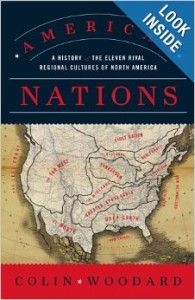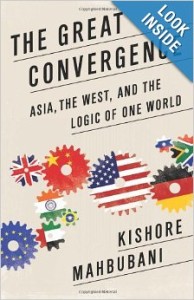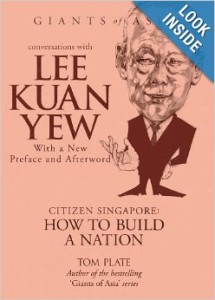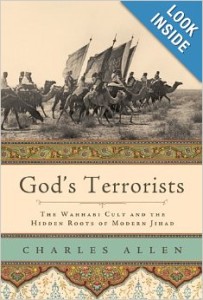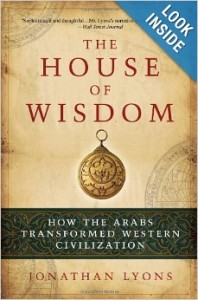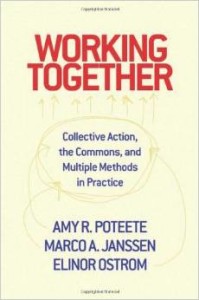
Elinor Ostrom, Army R. Poteete, and Maroc A. Janssen
5.0 of 5.0 Stars An inspiration for Transdisciplinary Researchers By Herbert Gintis on June 7, 2010
This book, which is based on the several decades of research by Nobel award winning political scientist Elinor Ostrom and her talented colleages, vigorously asserts two messages with equal fervor. The first is that “it is possible for individuals to act collectively to manage shared natural resources on a sustainable basis.” (215) The second message is that the existing structure of academic disciplines in the system of higher learning deeply handicaps researchers from attaining true insights of this type. The possibility of people managing their own common pool resources through democratic and egalitarian participation was determined through research “based on field studies, laboratory and field experiments, game theory, and agent-based models,” and no discipline recognizes the legitimacy of models that span such a broad range of statistical, qualitative thick description, formal analytical and computer simulation methods.

